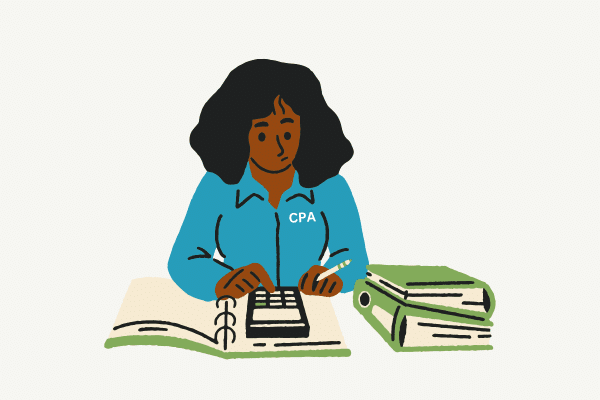
The rise of automation has been a game-changer for many small businesses, enabling them to cut costs and streamline operations. However, relying entirely on automation poses risks. Some tasks require the finesse of human skill and judgment—accounting is one such area where a licensed CPA can make all the difference. Have you ever considered why your small business needs more than just automated bookkeeping?
Although accounting technology has ramped up automation to impressive levels, artificial intelligence can’t yet match the precision and insight of a human CPA. Human interaction is invaluable to your business’s financial health.
Why Hire A CPA?
You won’t hire a CPA to do basic math—reliable accounting software can handle low-level tasks. Instead, you’ll employ a CPA to provide meaningful insights into your company’s finances and offer proactive services that technology simply can’t match. This includes cost reduction strategies and legally minimizing your business’s taxes, as well as guidance on future financial strategies.
Qualified CPAs are committed to safeguarding your data and maintaining confidentiality. You can trust that any sensitive information will remain private and secure.
How to Get The Most from Your CPA
Leverage a state board-licensed CPA for your key accounting responsibilities, such as:

Reconciliation
Reconciliation involves comparing internal financial records with those from external sources, like banks and credit card companies. If everything has been recorded accurately, the records should match. If not, a CPA will investigate the discrepancies.
While some discrepancies may stem from clerical errors, reconciliation is crucial for detecting fraud and other unusual financial behaviors. A robust reconciliation process helps businesses avoid overdraft fees and catch improper spending before it damages the company’s finances.
Although automation can assist, reconciliation must be performed by a board-certified CPA. Transactions like petty cash often bypass automated systems and require human oversight to identify and correct errors.

Financial Analysis
Financial analysis assesses your business’s current financial health, reviews past performance, and identifies future opportunities to improve your financial situation. Without it, you’re likely to repeat past financial mistakes.
Automation tools can’t handle financial analysis because it involves more than just number-crunching. The best financial analysts are critical thinkers who develop creative solutions and complex strategies to overcome financial challenges—skills that software cannot replicate.

Wealth Building
Building Growing your business involves risk, especially when investing significant capital. A certified CPA can help plan your growth by advising on resource allocation, creating growth forecasts, updating procedures, and tracking actual growth against projections.
While a good grasp of numbers is essential, innovation and creative thinking drive business growth. The right CPA will have the experience and in-depth business knowledge needed to push your business forward. While automation tools can assist with basic tasks like tracking growth and creating projections, they can’t devise an effective overall business expansion strategy.

Minimizing Tax Liability
Minimizing tax liability is crucial for all businesses. There are often ways to save through deductions, tax credits, and financial organization that legally reduce the amount you owe. Automation software lacks the strategic planning needed to achieve this. If you rely solely on software for tax affairs, you’ll likely pay more than if you outsourced to a licensed CPA.

Overseeing Automated Bookkeeping
Automation software excels at number-crunching and organization but lacks the ethical and logical decision-making abilities of a human. Automation frees CPAs from simple accounting tasks, allowing them to focus on helping your company thrive. You’ll need a CPA to oversee the big-picture responsibilities and monitor automation tools to ensure they’re functioning correctly.
Want to discover how automated bookkeeping and our team of certified CPAs can work together to support your small business finances? Contact Insogna CPA today to learn more.
